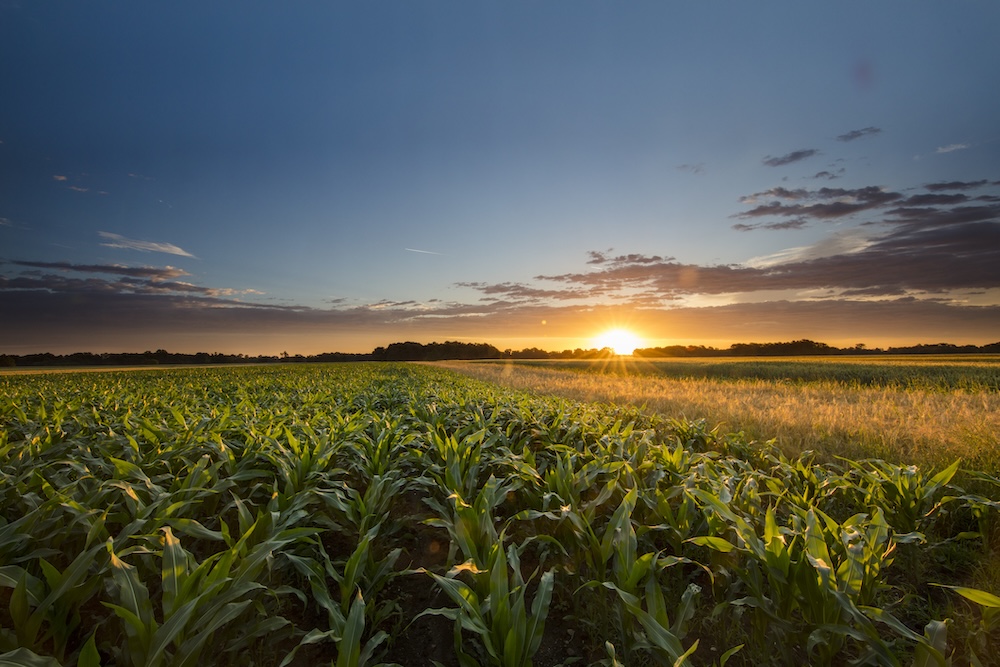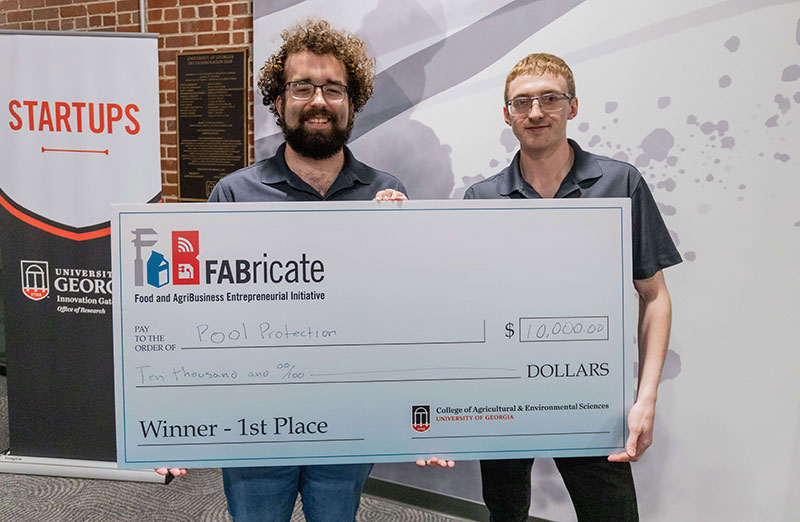Georgia peanut farmers can’t control rainfall or the recent deluge the state received over the last week. They can, however, control how much water they apply to their crops through irrigation. A University of Georgia researcher believes applying too much water to peanuts can invite diseases and reduce yields.
Wes Porter, UGA Cooperative Extension precision agriculture and irrigation specialist, says that, while water is essential to peanut production in Georgia, overirrigation can be just as detrimental. Porter, who just concluded his second research trial related to water and peanut production, believes that irrigating too much is a problem, especially in Georgia.
“We saw in research from last year that overirrigating our crop reduced our yields by approximately 1,500 pounds per acre. When we followed the checkbook method and applied about 15 inches in last year’s dry year, we had a yield of about 5,000 pounds. When we followed the sensor-based method, which lets us know when the soil profile is about to dry out, we probably irrigated about 9 inches and ended up with a yield of about 6,600 pounds,” Porter said.
The checkbook method refers to irrigation of a crop based on a predetermined schedule set by the farmer. Producers rely on the sensor-based method for more accurate readings of the soil moisture condition and how much irrigation the crop actually needs.
“If we repeat those same results this year, what it tells me is that the crop is more dependent on the timing of the irrigation rather than just having the water out there all the time,” Porter said.
For farmers who don’t have soil moisture sensors for irrigation, Porter recommends using a soil probe to detect the soil profile. The probe is inserted into the soil at a certain depth, removed and an accurate reading of the soil moisture is recorded, whether it is wet or dry.
Farmers use the same probe for soil samples. Ideally producers can couple the probe with a Web-based irrigation-scheduling tool, such as the University of Florida’s PeanutFARM, Porter said.
If farmers do not have a sensing device or scheduling tool in place, Porter stresses the need to check soils regularly. Not checking soil moisture for three or five days could cause farmers to fall behind and their peanut crop could suffer, he said.
“You’re just getting a feel for what the soil looks like in that sample. If you’re at field capacity, water is going to run out of that soil. You see that happen and you know you’re saturated. If you don’t have water coming out, you can determine just by feeling the soil. Is it on the wet side or has it hit the crumbly, dry, dusty stage?” Porter said. “Either way, using a soil moisture sensor or probe allows for better accuracy when determining whether you should irrigate.”
Soil moisture can remain for several days, Porter said, and he believes farmers can become too anxious if it hasn’t rained in several days. This anxiousness can lead farmers to irrigate prematurely.
“If it’s not extremely hot or dry for two, three or four days, we can keep a good moisture profile there,” Porter said.

.jpg)






